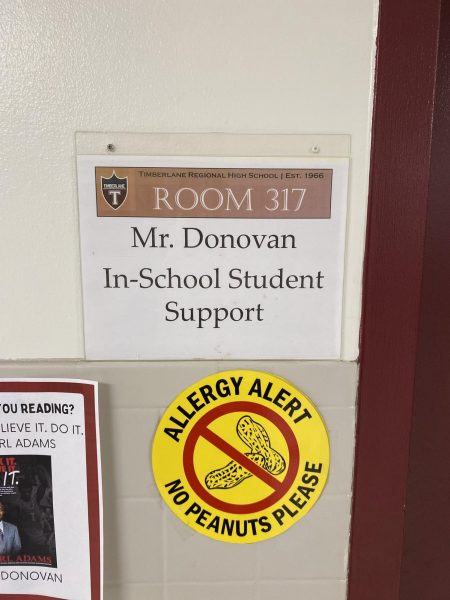How to Stay Motivated After Being Accepted to College
February 19, 2021
After being accepted into college, many students develop “senioritis.” This is not a disease, but a tendency for students to become unmotivated after being accepted into college. Although the term originated as a joke, many students actually become unmotivated when they realize they are so close to their goal, and they do not “necessarily have to work as hard anymore to reach it,” academic advisor Abby Tincher said in an SNHU article titled, What is Senioritis and is there a cure.
When students become unmotivated they may start submitting work that is subpar or even start skipping class. In the end, a student may not care whether or not they graduate with an A or D, because they may not believe their grade matters. The truth is, grades do still matter; if colleges notice a decline in final grades, “they can put you on probation, reduce financial aid, or even rescind their offer,” according to collegecoundown.com. Therefore, it is important that students maintain their grades throughout the last semester of high school.
There are many things students can do to avoid senioritis. The biggest thing a student can do is to take classes they are genuinely interested in, or take advanced classes. It can be tempting, once students have all their credits, to take a “break year” by not taking classes or by taking easy electives. Students will be more engaged when they are learning about something they are actually interested in. Advanced placement (AP) classes usually have large tests later in the year, so students will have a reason to keep working hard after midterms: doing well on the AP tests. These classes keep the student engaged and keep their mind sharp for college.
Students can also get involved in things outside of college like clubs, honor societies, and community service. Getting involved in extracurricular activities gives students other things to be dedicated to other than their schoolwork, because clubs regularly have goals that extend beyond the halfway point in highschool. Some examples of things students would be dedicated to in clubs could be concerts, community service, and competitions. Participating in extracurricular activities is also beneficial to students when they are applying for jobs, colleges, and scholarships. Clubs and extracurricular activities also provide students with a range of other benefits like developing skills, learning about themselves, and gaining opportunities.
If a student has already developed symptoms of senioritis, it is not too late to recover. One of the best things a student can do to feel motivated again is to set both long-term and short-term goals and strive to reach them. “Crushing those short-term goals will make you feel good and allow you to celebrate smaller victories,” says academic advisor Hillary Smith in an SNHU article titled, What is Senioritis and is there a cure.
Students will continue to feel gratification for every goal they meet until they graduate.
If nothing works for a student, there is still hope. When struggling with motivation, students should reach out to other people like their academic advisors, guidance counselors, or career advisors. These people are great resources, as they are trained to constantly help children who go through the same struggles.


